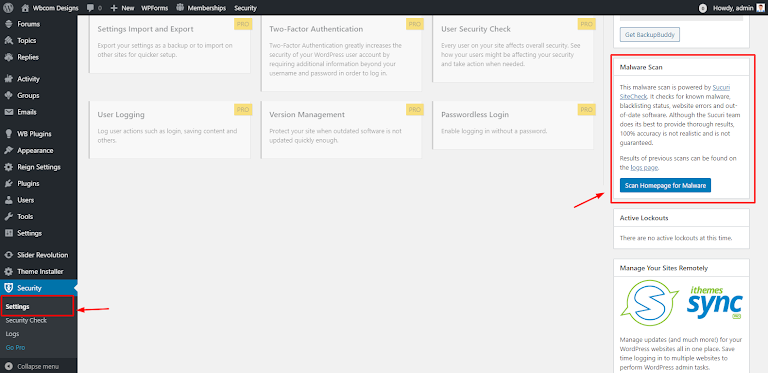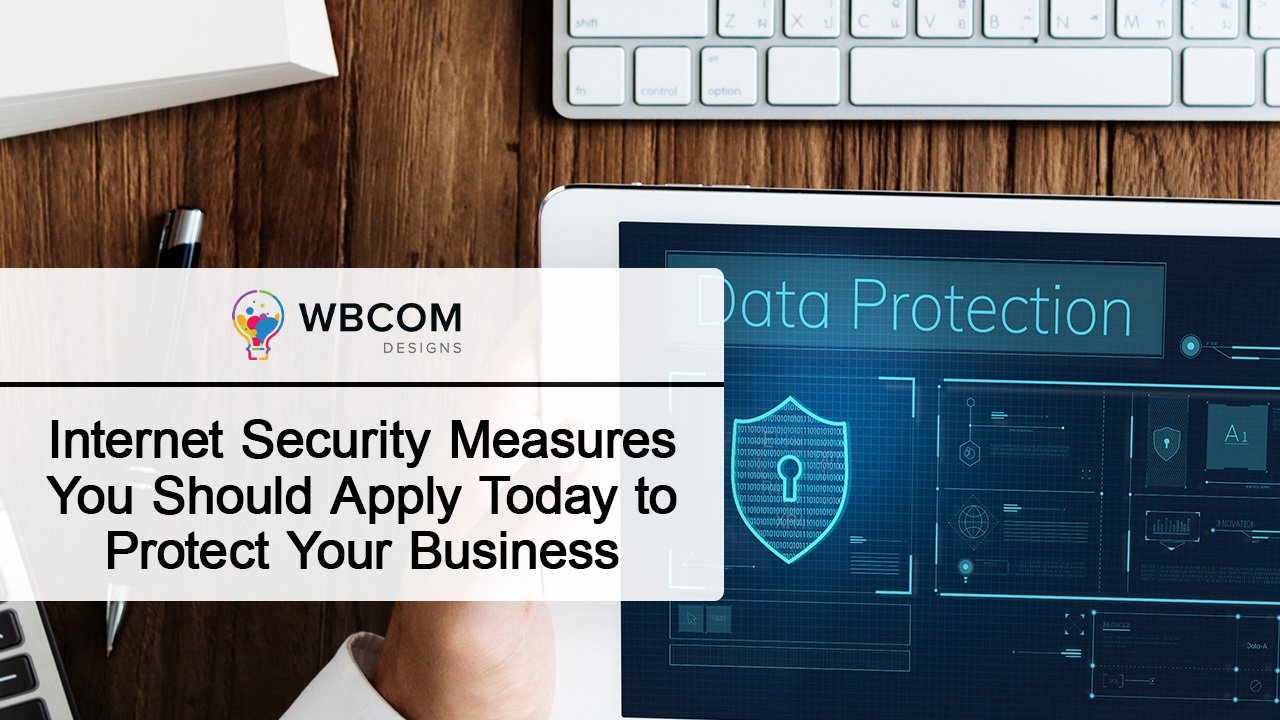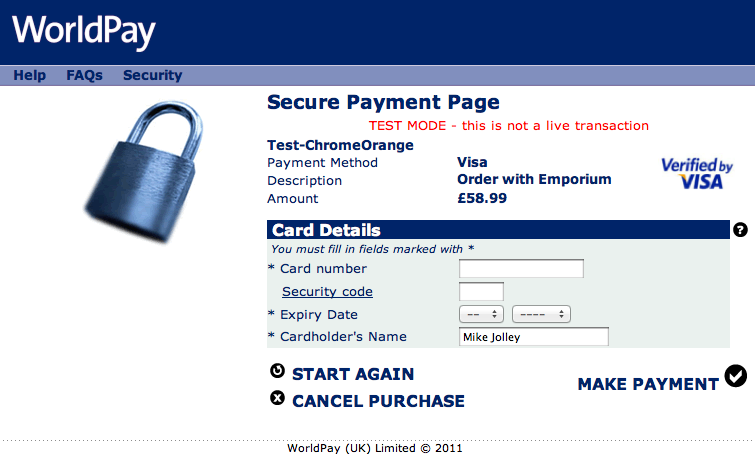Large corporations and home-based businesses rely on the Internet to provide customer services. And while an online presence is crucial these days, it is equally essential to protect your business against various threats in the digital realm. Cyber attacks can harm your business operations and lead to severe consequences, which are best avoided by taking necessary precautions. In this blog, we shall discuss how to stay ahead of the curve and apply certain Internet Security Measures to protect your business today! Using these tips and tricks, you can help mitigate potential threats and secure your digital assets and data against the risk of a security breach:
Table of Contents
ToggleHow can your business get attacked?
Cybercriminals attack businesses by exploiting their system or network vulnerabilities. This way, your system security will be compromised, and the attacker will gain access to operational information or customer data. Your data can get stolen, manipulated, and even deleted if you don’t pay the ransom. No matter the size of the operations, it is not a position any business wants to be in.
Even an organization like Yahoo wasn’t spared. In 2014, Yahoo suffered from one of the worst data breaches in history, with 500 million user accounts compromised. This attack cost the organization well over $200 million. Other tech companies, including Facebook, Twitter, etc., have also had their fair share of security breaches.
Basic security attacks: A brief overview
Here are some of the most common types of security attacks you need to take measures against to protect your business:
1. Phishing- Internet Security Measures
Employees are tricked into downloading malicious software or unknowingly sharing their credentials. Cybercriminals often use emails to carry out phishing attacks and send out emails that appear to be authentic but, in reality, contain malicious links.
2. Malware

Attackers infect target systems with malicious software such as viruses, spyware, ransomware, etc., leading to users compromising their credentials or sensitive information.
3. DDoS attacks- Internet Security Measures
A denial of service attack overwhelms a business server and floods the website. This prevents other users from accessing the site, and the service gets indefinitely disrupted.
4. Insider threats- Internet Security Measures
Sometimes, employees knowingly or unknowingly, can compromise their company’s network security. Disgruntled employees can misuse their privileges to sabotage a business and steal crucial information.
5. Password attacks- Internet Security Measures
Cybercriminals often target attacks to compromise employee credentials and passwords so that they can easily access the company system. Various algorithms are used today to crack security codes. Therefore, it is always recommended to have unique and strong passwords.
6. Zero-day exploits- Internet Security Measures
Cybercriminals can also detect and exploit vulnerabilities in your systems that are unknown. And since no fix or patch will be available for this issue, an attacker can easily manipulate the system using this vulnerability.
Top 5 internet security measures to protect your business
1. Educate your employees about security threats
Employee training is an important security measure you must take to prevent employees from unknowingly risking organizational security. Cybercriminals often attack employee systems by various means to attain their credentials.
Suppose an employee in your organization is adequately trained and educated about security attacks, everyday internet security habits, and more. In that case, it might significantly reduce the risk of an accidental breach.
You can arrange security training, general sessions, and workshops to teach employees to protect themselves against vicious cyber criminals. Here are some significant points that must be discussed during these sessions:
- Teach employees how to adopt safer browsing habits.
- Help employees detect attacks like phishing, zero-day exploits, DDoS, etc.
- Establish strict password policies to encourage employees to set strong passwords and to update them regularly.
Educate employees regarding data policies and how they can protect employee data from getting stolen. - Encourage employees to update their systems and software regularly
- Create proper ways for employees to alert concerned security experts and report suspicious activity.
2. Update your software regularly
It is excellent if you plan to implement new security features, but keeping your existing software completely up-to-date is equally crucial. Regularly update your systems and software to incorporate the latest security patches. This will help you protect your network and prevent attackers from exploiting your system vulnerabilities.
You can ensure you have the latest bug fixes to patch up places an attacker might target. If this is too much of a hassle, you even use automatic update mechanisms to streamline the updation process. Here is how you can effectively update your software:
- Establish clear patch management strategies.
- Test patches before deployment.
- Prioritize critical software updates.
- Automate update mechanisms to avoid manually updating each system.
Also Read: Best 9 WordPress Firewall Plugins You Should Use On Your WordPress Site
Secure your network infrastructure
Securing the network infrastructure is one of the most critical security measures and is highly stressed by security experts. This ensures robust defense against security threats. To improve the security levels for your network infrastructure, you can implement features like firewalls, intrusion detection systems, etc., to control and monitor network traffic.
Segmentation and encryption are also helpful to secure critical resources and available communication lines and prevent interception. This network perimeter security can help you ensure adequate protection in a distributed environment.
- Use proper network segmentation and segregation techniques to protect critical resources.
- Use reliable firewalls to control and monitor network traffic.
- Implement intrusion detection and prevention mechanisms.
- Regularly update system applications and software and install security patches and bug fixes to keep systems up-to-date.
- Establish strict password policies to encourage employees to set strong passwords.
- Use encryption protocols like WPA2 or WPA3 to ensure secure wireless communication.
- Encourage employees to use reliable VPN services to implement an additional security layer while communicating.
- Implement VLANs and access control lists or ACLs to restrict access.
- Penetration testing and other security assessments are also crucial for detecting vulnerabilities.
Implement stronger password policies- Internet Security Measures
A strong password is the first defense against a cyberattack and can help prevent your operational data and customer information from getting stolen. It is common for attackers to target the credentials and use them to gain unauthorized access to businesses.
Therefore, organizations must implement more strict policies regarding credentials and the use of stronger passwords. Here are some valuable tips for creating a strong password:
- When creating a password, it is better to use both uppercase and lowercase letters.
- Use special characters and numbers to have a good character mix.
- A good password length is up to 15 characters or more.
- Encourage employees to use password managers to create and store passwords.
- Avoid common sequences and phrases like qwerty or 12345.
- Discourage using the same password for multiple accounts.
- Implement policies for regular password updation (6 months is optimal).
- Implement two-factor authentication [2FA] or multi-factor authentication [MFA] to improve your organization’s network security
Also Read: Here’s How You Secure Your Online Business
Establish a standard response plan for cyber attacks
An organization can never prevent security attacks; therefore, preparing a standardized response plan is your best bet. In case of a security breach, your business must be prepared to take appropriate actions to minimize damages, and having a response plan helps to guide employees to act appropriately in case of a breach.
Such response plans can help reduce cyberattack impacts and protect your organizational data and customer information.
- Identify breach scenarios and assess their impact.
- An incident response team can also help ensure key IT professionals and management can work together to soften the blow.
- Establish clear instructions and team responsibilities in case of a security breach.
- Develop protocols to communicate information to stakeholders.
- Create a clear process flow to detect and mitigate a breach.
- It is essential to preserve evidence and conduct analysis.
- Regularly review and update your response plan to help protect your business against security breaches.
- Protect your business against modern security threats with a reliable VPN
- A virtual private network or VPN is a crucial security measure that can help protect your business against
- breaches and cyberattacks. A VPN can help you encrypt network traffic so that your employees can share sensitive information and communicate securely without getting intercepted.
A reliable VPN service can also assist workers working from home to access company assets using remote access. To further protect your business against security breaches, you can control access to your resources using IP whitelisting.
To Conclude on Internet Security Measures
These top 5 security measures will help you protect your business from vicious cyber criminals if implemented effectively. Prioritizing certain browsing habits, strong password policies, software upgrades, securing the organization’s network infrastructure, etc., can significantly strengthen your business’s ability to withstand cyber attacks.
Besides this, employee education and training are also essential and help prepare employees against hackers. All these measures can assist you with reducing the blow of cyber breaches and protect your employee and customer data from falling into the wrong hands.
Interesting Reads:
The Best Sites to Sell Online Courses
Essential Security Tips For Digital Marketers
Using Your Real IP Address: 10 Most Common Threats and How to Avoid Them








